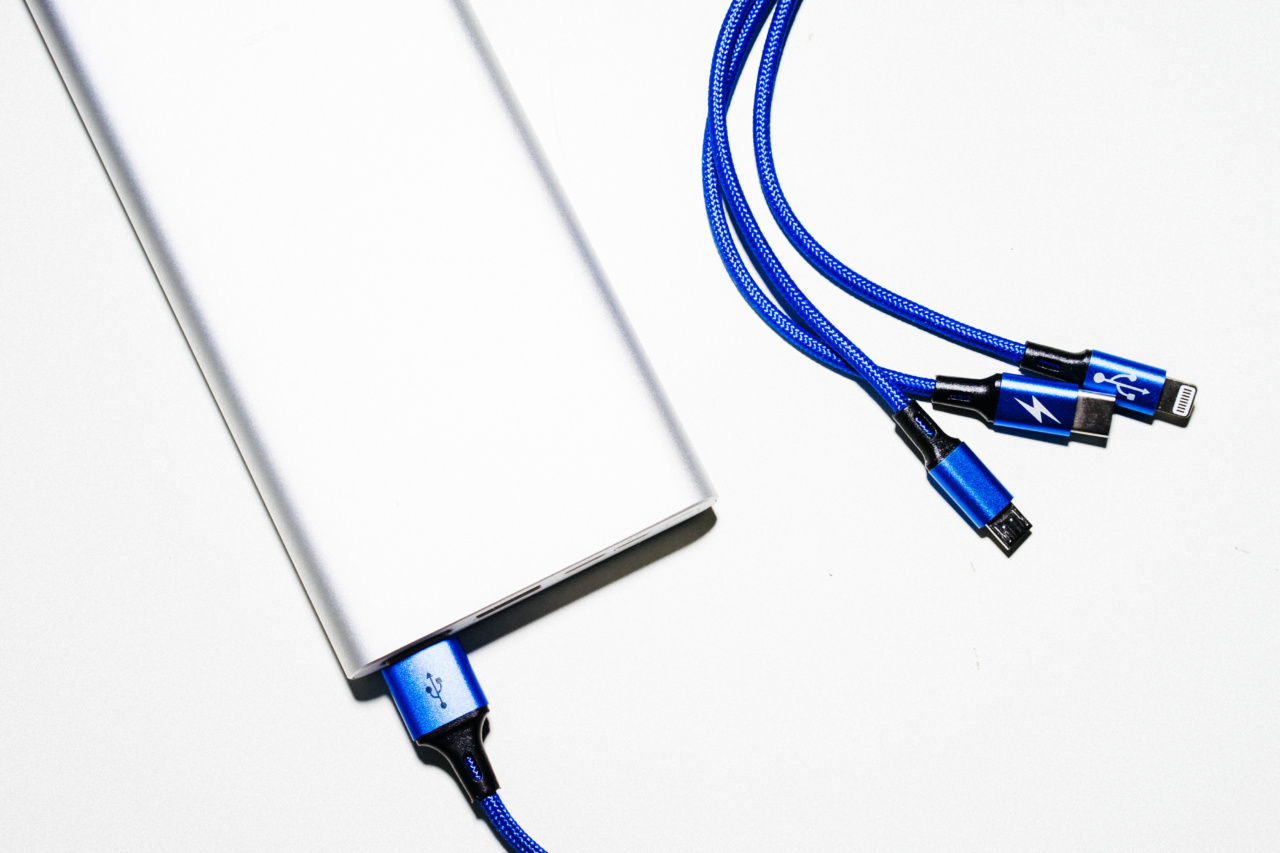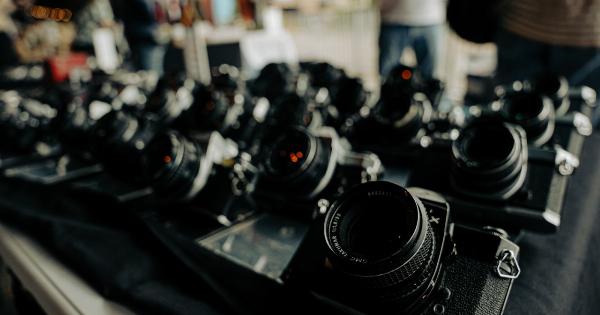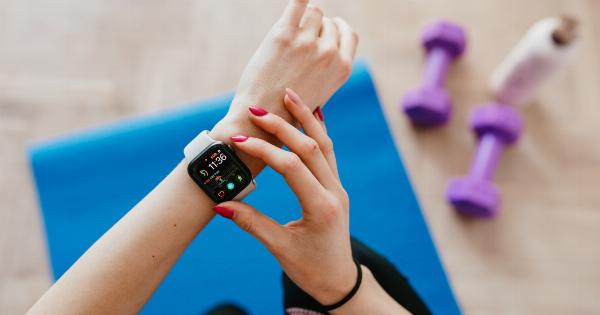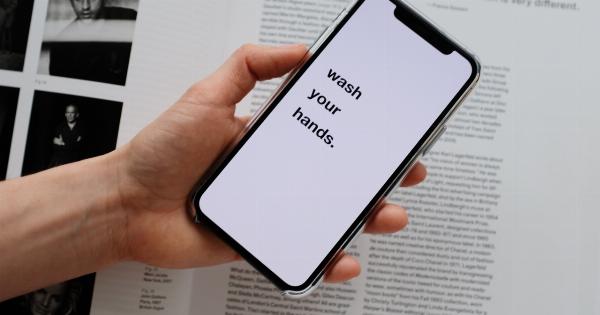In today’s hyperconnected world, it can be hard to escape the constant buzz of technology. We are constantly bombarded with notifications, updates, and messages from our devices.
While technology has made our lives easier in many ways, it is also important to take a break from the digital world and recharge. This is where a digital detox comes in.
What is a Digital Detox?
A digital detox refers to the act of intentionally disconnecting from digital devices and technology for a set period of time.
It involves reducing or eliminating the use of smartphones, tablets, computers, and other electronic devices in order to have a break from the constant online presence. It is a way to recharge, refocus, and reconnect with oneself and the real world.
Why is a Digital Detox Important?
In our digital age, it is easy to become overwhelmed and constantly distracted by the online world. A digital detox is important for several reasons:.
1. Mental Wellbeing
Constant exposure to social media and online notifications can lead to increased stress, anxiety, and feelings of loneliness. Taking a break from the digital world allows for a much-needed mental reset and a chance to focus on self-care.
2. Improved Sleep Quality
The blue light emitted by electronic devices can disrupt our sleep patterns. By taking a break from screens, especially before bedtime, we can improve our sleep quality and ensure a more restful night’s sleep.
3. Increased Productivity
Being constantly connected can lead to a decrease in productivity. Taking a digital detox helps improve focus, concentration, and productivity. It allows us to prioritize our tasks and reduce distractions, leading to a more efficient work environment.
4. Better Relationships
Spending excessive time on digital devices can take away from meaningful face-to-face interactions. Taking a break from screens allows us to be fully present with loved ones and build stronger relationships.
It promotes better communication, listening skills, and quality time.
5. Enhanced Creativity
Constant exposure to digital content can hinder our creativity. When we unplug from the digital world, we open ourselves up to new experiences, ideas, and inspiration. It allows our minds to wander and encourages creative thinking.
Tips for a Successful Digital Detox
Ready to embark on a digital detox? Here are some tips to help you make the most of your time unplugged:.
1. Set Clear Goals and Boundaries
Determine the duration of your digital detox and set clear goals for what you hope to achieve during that time. Establish boundaries by defining when and where technology use is allowed, and stick to those boundaries.
2. Find Alternative Activities
Fill your digital detox time with activities that bring you joy and fulfillment. Engage in hobbies, spend time in nature, read books, exercise, or try out new recipes.
Finding alternative activities will keep you occupied and make the detox more enjoyable.
3. Inform Others
Let your family, friends, and colleagues know about your digital detox plans in advance. Informing them will manage their expectations regarding your availability and reduce any unnecessary interruptions.
4. Create a Device-Free Zone
Designate specific areas in your home as device-free zones. For example, choose not to use electronic devices in the bedroom or during meal times. Having a designated space for disconnecting can help you unplug more effectively.
5. Use Airplane Mode or Do Not Disturb
If you feel the need to have your phone nearby for emergencies, put it on airplane mode or enable the “do not disturb” feature. This allows you to limit distractions while still being reachable if necessary.
6. Try a Gradual Approach
If completely unplugging feels overwhelming, you can start with a gradual approach. Set specific time slots throughout the day where you disconnect from digital devices. As you become more comfortable, you can increase the duration of these breaks.
7. Be Mindful of Triggers
Identify the triggers that make you reach for your devices mindlessly. It could be boredom, stress, or a habit. Being aware of these triggers will help you develop healthier habits and find alternative ways to cope.
8. Practice Mindfulness
During your digital detox, it is important to practice mindfulness. Pay attention to your surroundings, engage your senses, and be present in the moment. This will help you fully experience and appreciate the world around you.
9. Journal
Keep a journal to document your digital detox journey. Write about your experiences, thoughts, and any insights gained during this time. Reflecting on your journey can help solidify the positive impact of disconnecting and refocus your priorities.
10. Reflect and Evaluate
After completing your digital detox, take the time to reflect on the experience and evaluate its impact on your overall well-being.
Consider how you can incorporate elements of your detox into your daily life and maintain a healthier relationship with technology.






























